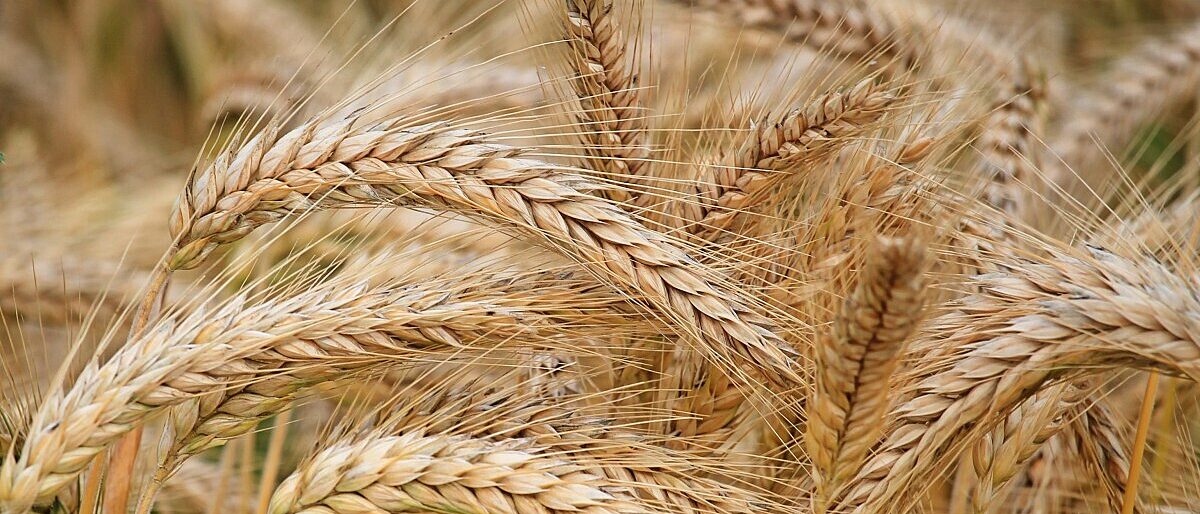
Constituent sensing of small grains
Knowledge of the food constituents (e.g. protein, carbohydrates) is important for consumers as indicators of nutritional value as well as for the food producers concerning processing quality.
Additionally, food safety requires the full traceability of crop constituents in the complete food value chain. This includes correct and seamless documentation of all production steps. One missing piece is the real-time measurement of crop constituents during operations. Knowing constituents already at harvesting allows better segregation of different quality levels, which improves logistics and efficiency in the next processing steps and reduces waste. In addition protein levels are highly linked to the nitrogen uptake from the soil, which will support a more sustainable balanced nitrogen fertilization in the following years. Therefore John Deere and its partners will develop integrated smart sensors to measure constituents of crops which can be used on harvesters and food processing plants.
Project lead
Related Projects








